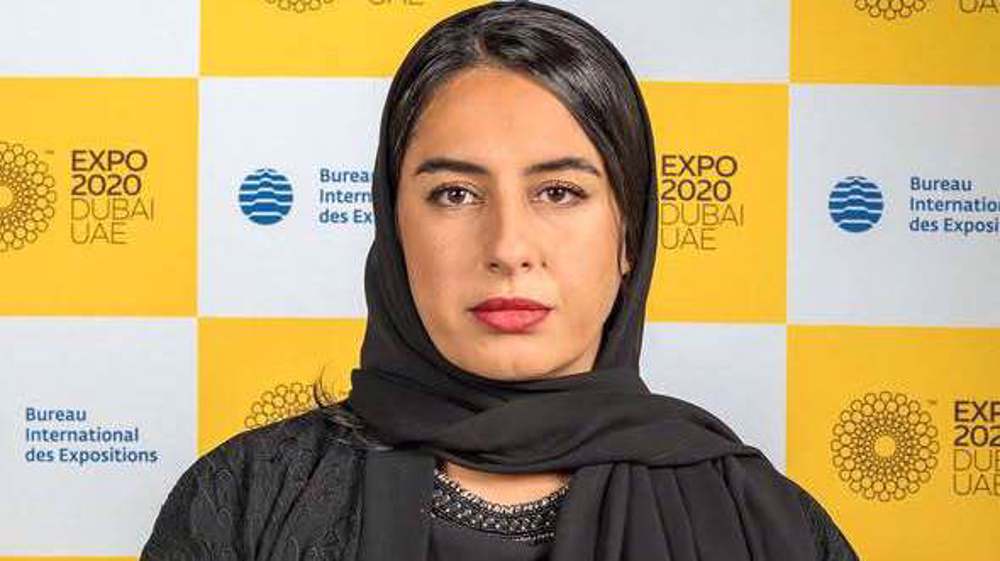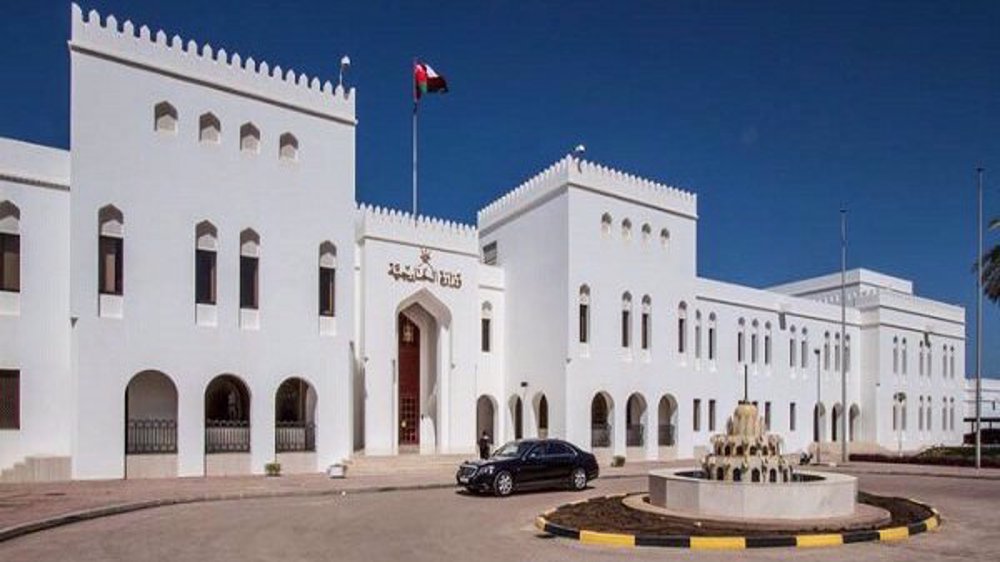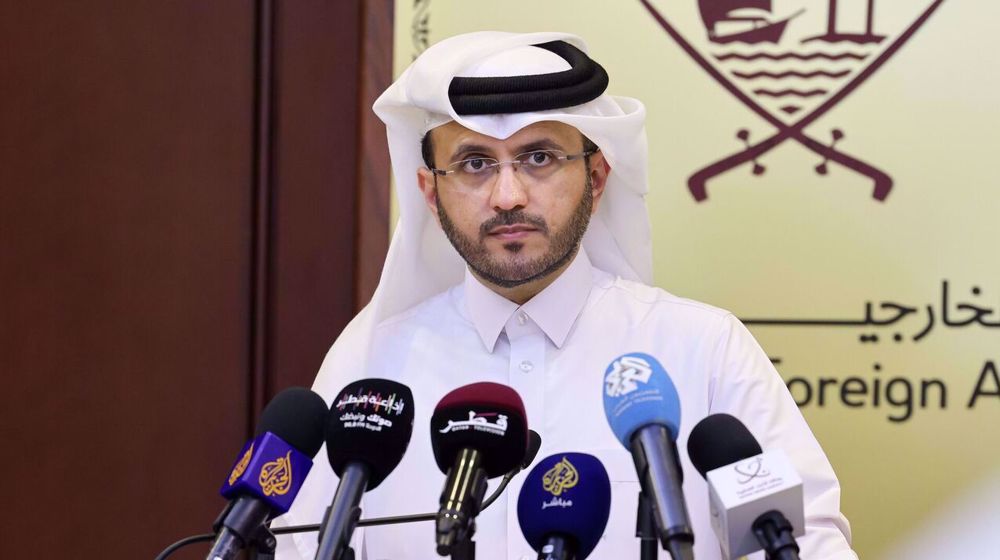UAE not after regime change in Qatar, but behavioral change: FM
The United Arab Emirates says it does not seek "regime change" in Qatar but only demands a "behavioral change" in the Arab country, as an unprecedented diplomatic crisis in the Persian Gulf region seems headed for a stalemate.
UAE Minister of State for Foreign Affairs Anwar Gargash made the remarks in a press conference in Dubai on Saturday, adding that his country, along with Saudi Arabia, Bahrain and Egypt, would sever relations with Doha if it did not agree to the requested list of demands.
"The alternative is not escalation, the alternative is parting of ways, because it is very difficult for us to maintain a collective grouping," he told reporters, reiterating warnings he had voiced against Doha on Friday.
His comments came hours after Qatar's Ministry of Foreign Affairs officially announced that it had received a list of demands from Saudi Arabia, Bahrain, the United Arab Emirates and Egypt on Thursday, a day before news agencies reported that Doha had been given a copy of the 13-point demand list by Kuwait, a key mediator in the crisis.
The four Arab countries have demanded that Qatar shut down the Doha-based Al Jazeera broadcaster, sever diplomatic ties with Iran, close down a Turkish military base in Qatar and pay an unspecified sum in reparations. The wealthy Persian Gulf country is also given 10 days to look into the demands and comply with them. Qatar's Foreign Ministry said it was reviewing the demands and was preparing an official response.
Earlier today, Sheikh Saif al-Thani, the director of Qatar's government communications office, said the so-called demands were not "realistic", adding that they were neither "reasonable" nor "actionable."
Read more:
The unprecedented crisis was created on June 5, when Riyadh, Manama and Cairo cut ties with Doha, officially accusing it of supporting "terrorism" and destabilizing the region. Qatar, however, has slammed the measures as unjustified, saying they are based on false claims and assumptions.
In their apparent bid to secure Washington's support and that of Israel, the four states suspended all land, air and sea traffic with Qatar, expelled its diplomats and ordered Qatari citizens to leave their countries.

To further pressure Qatar, Saudi Arabia has totally closed its land border with its tiny neighbor, through which much of Qatar's food supply crossed. Iran and Turkey are now providing Qatar's required food supplies. The Persian Gulf Arab states further gave Qataris two weeks to leave their countries and ordered home their own citizens living in Qatar.
"This list of demands confirms what Qatar has said from the beginning, the illegal blockade has nothing to do with combating terrorism, it is about limiting Qatar's sovereignty, and outsourcing our foreign policy," Sheikh Saif said.
Doha has already reached out to the boycotters for de-escalating negotiations but has also said it will not allow its neighbors to dictate its sovereign affairs. It has also said it will not enter negotiations unless the blockade is lifted.
Some analysts believe that the list of demands is actually aimed at dismantling Qatar's two-decade-old alleged interventionist foreign policy, which has enraged its Arab neighbors, particularly Saudi Arabia.
The punitive measures against Qatar have drawn condemnation from rights groups, including Amnesty International, which says the diplomatic dispute has been toying with thousands of lives.
The coordinated move against Doha is spearheaded by Riyadh, which often manages to have its vassal states fall into line. Saudi Arabia itself is known as the main sponsor of the violent Wahhabi terrorists it has accused Qatar of supporting. Some analysts believe the Saudi anger is rather because Qatar acts more independently of Riyadh, including in its relations with Iran.
Zelensky’s name appears over 50 times in Epstein files: Opposition leader
Tehran rejects Trump’s riot death toll, demands proof
VIDEO | Police battle opposition protesters in Albanian capital
Israeli expansion across West Asia would be ‘fine’: US envoy
VIDEO | UK court frees remaining jailed members of Palestine Action
VIDEO | Former prince Andrew arrested by British police
VIDEO | Backlash mounts as Pakistan joins US-led Gaza ‘Board of Peace’
Saudi-Greece fiber optic project to pass through Syria instead of occupied territories: Report














 This makes it easy to access the Press TV website
This makes it easy to access the Press TV website